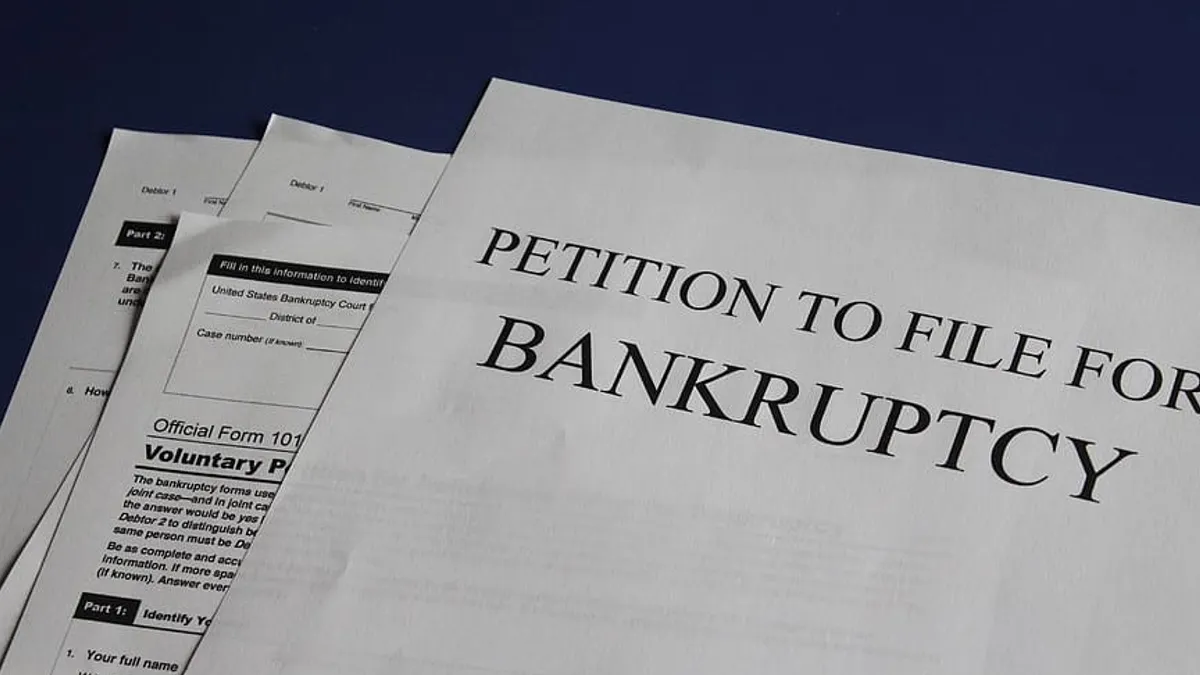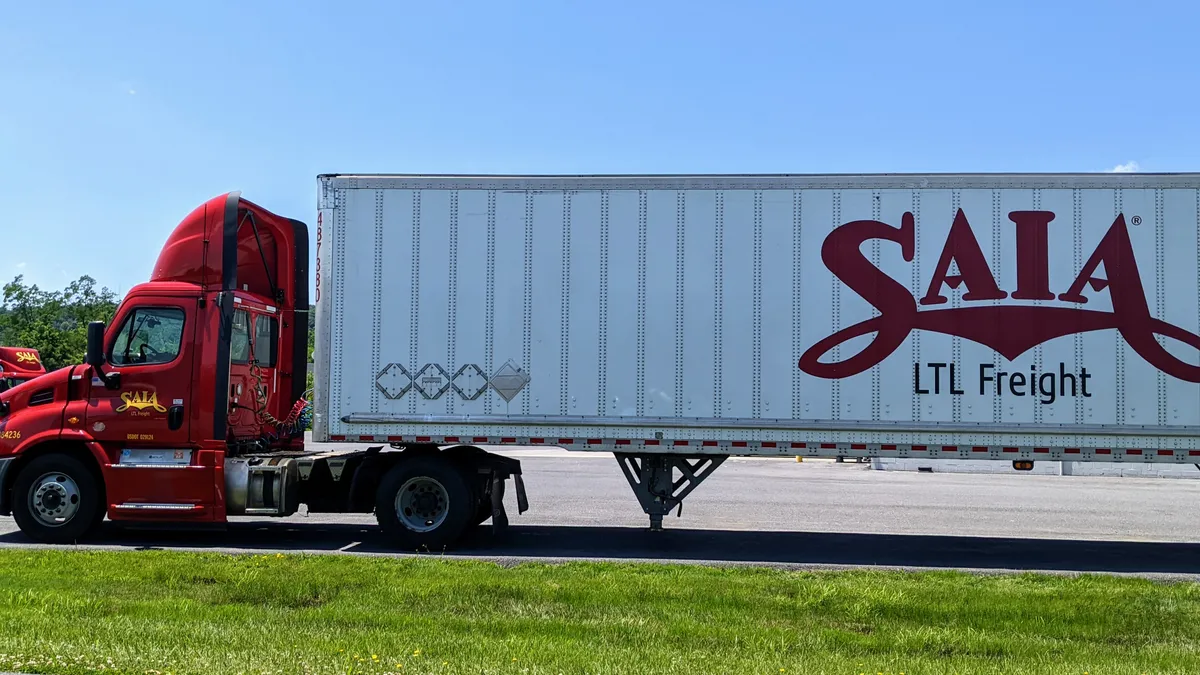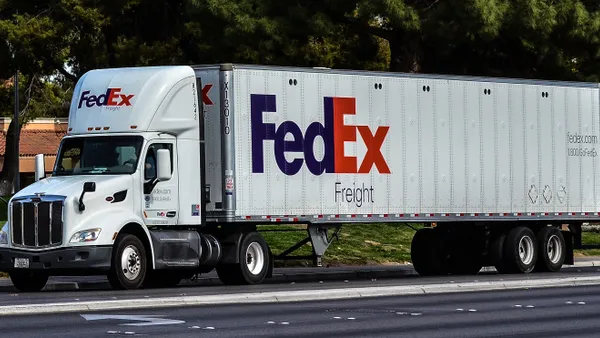Before the pandemic, the trucking industry faced rising costs, evolving compliance mandates and multiple other challenges. Many fleets struggled; some filed for bankruptcy — according to Broughton Capital, 640 of them in the first half of 2019.
Then, along came COVID-19, and many of the smaller trucking companies couldn't pivot as fast as the larger ones, to meet the demand for essential goods.
They didn't have the right equipment, enough trucks, good contacts. So, they lost out, and many went out of business in 2020. What would have happened if these smaller trucking fleets had instead filed for Chapter 11 bankruptcy?
It depends, said Zev Shechtman, a partner at bankruptcy law firm Danning, Gill, Israel & Krasnoff. "What happens hinges on how the company is situated — if it's still allowed to operate, has the cash to operate and how deep in the hole the fleet is," Shechtman said.
Usually the company is allowed to continue operating under Chapter 11, at least for a limited amount of time, he said. If it has enough cash and resources to continue operating, it can do so under court supervision of their financial affairs. The legal and financial team must immediately get permission from the court to use cash collateral, if there are liens on the company's cash.
"What happens hinges on how the company is situated — if it's still allowed to operate, has the cash to operate and how deep in the hole the fleet is."

Zev Shechtman
Partner at Danning, Gill, Israel & Krasnoff
The debtor will need to pay its post-bankruptcy filing bills, current and on a go-forward basis. The filer remains in possession of his or her company, and can keep assets to generate income and pay back debt, until it's demonstrated the debtor can't pay anymore, said Todd Turoci, a certified bankruptcy specialist, nationally and in California, who owns and operates Turoci Bankruptcy Firm.
"The trucking company owner wants time to deal with their emergency at the moment," said Turoci. "They also expect their business to improve."
Life after bankruptcy
Schechtman said two clear paths exist for a successful bankruptcy exit, after declaring Chapter 11. The first, reorganization, lets the company discharge past debt, but it's also a time-consuming legal process, which increases the legal costs. The seemingly more common method these days, Section 363, lets the debtor sell its assets and then pay its creditors with those funds.
"Section 363 of the United States Bankruptcy Code is typically quicker and cheaper than Chapter 11 reorganization," said Schechtman. But Chapter 11 allows for adjustability, which some fleets might need, depending on the reason for bankruptcy.
California-based Pacific 9 Transportation filed for Chapter 11 bankruptcy in 2016, after a class-action lawsuit over worker misclassification. That and other individual suits resulted in tens of millions of dollars in liabilities. Danning, Gill, Israel & Krasnoff represented those creditors, the truck drivers.
During the time of the bankruptcy, Pacific 9 changed its owner-operator model to employee drivers. After a long period of negotiation, eventually everyone agreed on a plan of reorganization that paid millions of dollars to the Pacific 9 creditors, effective in January 2018. According to the FMCSA, Pacific 9 is currently operating with 100 drivers.
Filing for bankruptcy can also bring up financial opportunities. Contracts usually are put on hold, but it depends on the contract, said Shechtman.
For an executory contract or unexpired lease, the fleet will need to either reject, assume or assign it. "If the debtor assumes or assigns the lease or contract, they must pay(cure) the back-due amounts," Shechtman said. "In a sale, the company can sell the contractual rights, but still must pay the back-due amounts."
"[Fleets] should take some peace of mind knowing the company is in business, in the process of restructuring and the work they promised will be performed."

Todd Turoci
Owner of Turoci Bankruptcy Firm
A fleet can also adjust the terms, if the creditors agree or the judge orders it, said Turoci. "Often the filer doesn't want to be stuck with trucks and their associated lease agreements. So, they give them back to who they leased or bought them from to make a leaner, meaner operation," said Turoci.
Although perhaps counterintuitive, extending credit to a company that has the authority to operate in Chapter 11 can often be a wise and remunerative business decision, said Shechtman.
"[Fleets] should take some peace of mind knowing the company is in business, in the process of restructuring and the work they promised will be performed," said Turoci.
Bankruptcy can be a valuable tool because of the ups and downs the economy endures. When used to restructure, said Turoci, everybody wins.









